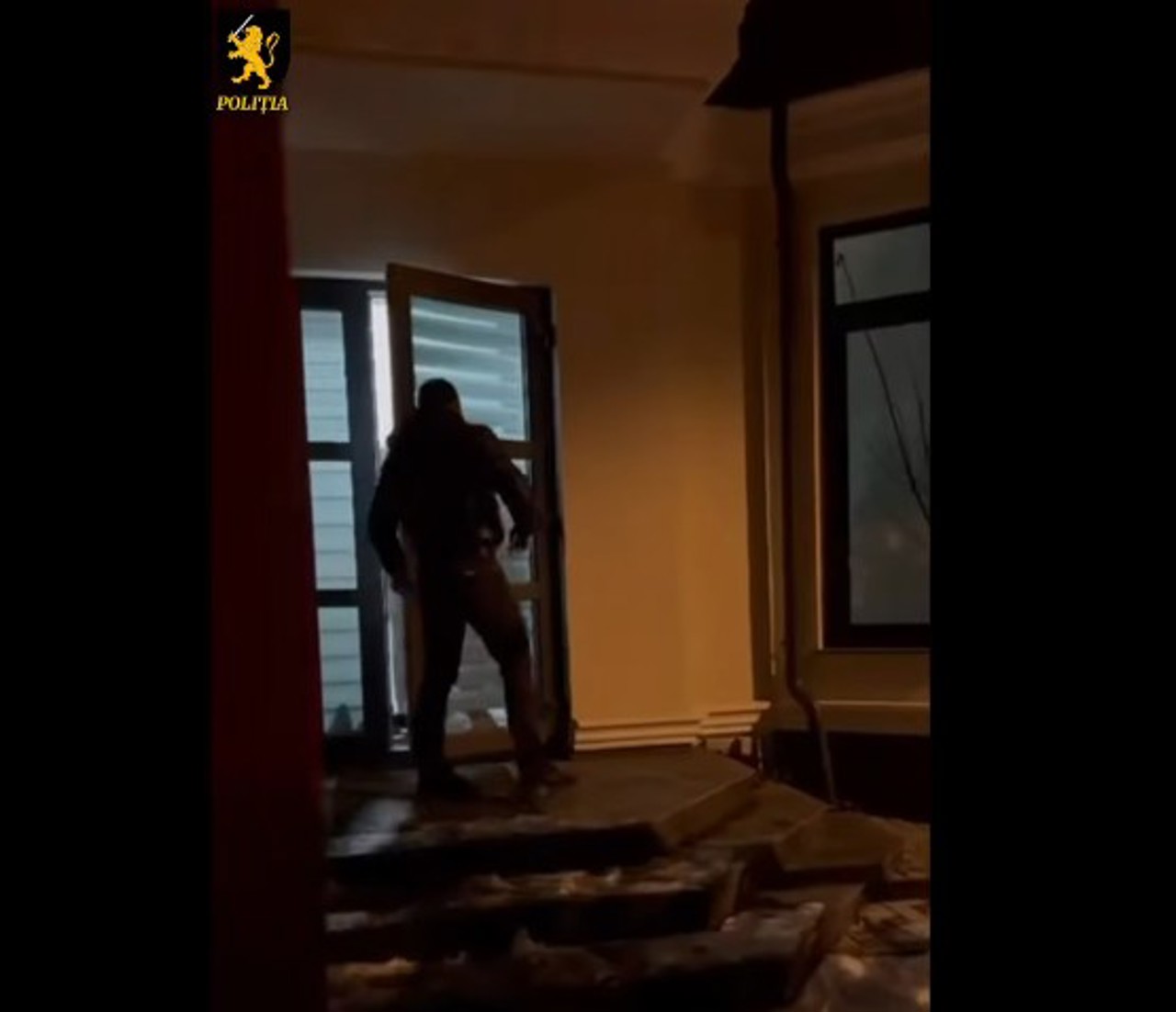Press review // Energy crisis in the Republic of Moldova – Russia’s blackmail tactics
Moldovan newspapers are focusing their attention on the state of emergency approved for two months by the Chisinau Parliament. The publications explain what the state of emergency in the energy sector entails and what citizens on both banks of the Nistru can expect.

The state of emergency in the energy sector requested by the Chisinau government is justified and necessary, but it must also be seen as a response to a new Russian “diversion” against the government of the Republic of Moldova. This is the conclusion expressed in an interview for Free Europe by political analyst Igor Boțan. He believes that it is unlikely that the Russian Federation will “give up” on the Transnistrian region after “pumping tens of billions of dollars into the Tiraspol regime to keep it afloat.” From his point of view, Moscow is now "looking for reasons to deliver gas exclusively for the domestic consumption of the Transnistrian region", thus punishing the Republic of Moldova. More precisely, this would mean that on the eve of the parliamentary elections, the Republic of Moldova would purchase electricity on the European market at twice the price, "which will greatly upset voters on the eve of the election campaign", says Igor Boțan, quoted by Free Europe.
From December 1, consumers will pay 15.5 lei for a cubic meter of gas, instead of 12.15 lei, writes columnist Nicolae Negru in Ziarul Național. However, these price increases will seem like a piece of cake if, starting next year, Gazprom will no longer deliver gas to Transnistrians either through Ukraine or Turkey, until the Republic of Moldova pays its alleged debt of over 700 million dollars, the author of the article points out. Putin is in imperial agony, he threatens with nuclear weapons, we can expect anything from him, Nicolae Negru mentions. "Throwing" the Transnistrian region into the arms of the Republic of Moldova would greatly strengthen the anti-European forces on the right bank, and Chisinau must take measures to prevent such a scenario, the journalist concludes.
The main purpose of the state of emergency established by the constitutional authorities in Chisinau is to intervene with humanitarian aid to maintain calm on the left bank of the Nistru and to avoid a massive exodus of population on the right bank, Ilie Gulca opines in an article published by Veridica.md. At the same time, against the backdrop of a possible halt in the supply of Russian gas to the Transnistrian region, Chisinau is mobilizing its efforts to maintain the only electrical connection line with Romania – Isaccea – Vulcănești – Moldgres – Chisinau – in operation. And this is given that this electrical line crosses the territory of Ukraine and can be destroyed or damaged at any time during Russian air strikes on the energy infrastructure of the neighboring country. For example, on November 15 and 23, 2022, following Russian bombings in the Odessa region, this line went out of service and Moldova remained in the dark, Veridica recalls.
In a negative scenario, the left bank of the Nistru cannot find itself instantly in darkness and cold on January 1, 2025. According to information made public by the energy officials in Chisinau and the data published by the alleged institutions in Tiraspol, the left bank of the Nistru has certain gas reserves, can use the Dubăsari Hydropower Plant, which covers 20% of the region's needs, and Moldgres has a quantity of coal for about two months, says Ilie Gulca.
TVR Moldova publishes the announcement of the Romanian Minister of Energy Sebastian Burduja, according to which "Romania has the necessary resources to support the Republic of Moldova in the event of an energy crisis. "Nothing is worse than being dependent on those who use their resources not for development, not to help, but as a weapon of blackmail. "Romania has a duty, Europe has a duty not to abandon the Republic of Moldova and Ukraine in the face of aggressions coming from the East, whether it is tanks or missiles, or blackmail in the energy sector," the Romanian official emphasized, quoted by TVR Moldova.
The November compensations have sparked dissatisfaction among citizens due to the change in their calculation mechanism, explains the State Secretary of the Ministry of Labor and Social Protection, Corina Ajder, to Moldova 1 TV. If last year people received the compensation directly in the bill, this year people receive the compensation in cash, and in this case, they have to do extra math to arrive at the value of the final bill. The compensations will increase in December to reflect the increase in the gas tariff, and households that did not receive compensation in November could also benefit from them, said the State Secretary of the Ministry of Labor and Social Protection. Thus, the final bill will not be higher than the previous year", concludes Corina Ajder, in an interview for Moldova 1 TV.






